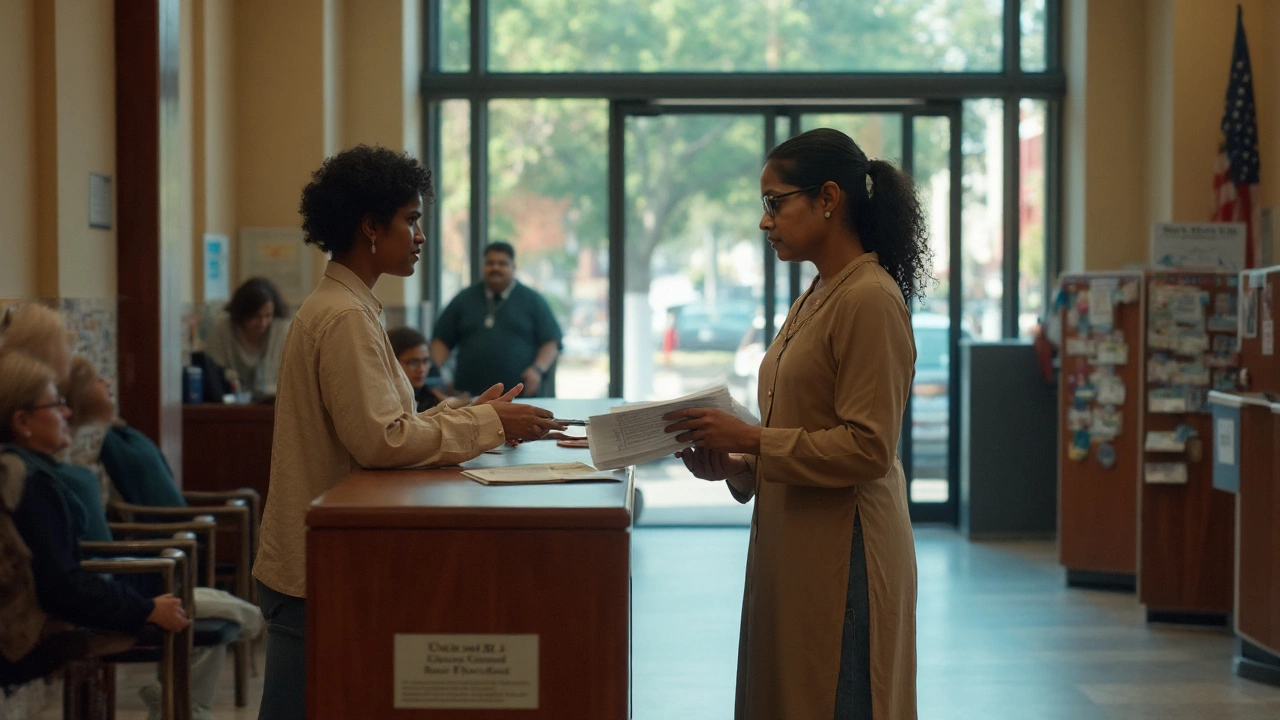Divorce in VA: What You Need to Know Right Now
If you’re thinking about ending your marriage in Virginia, you probably have a lot of questions. How long do you have to live in the state? What grounds does the court accept? Do you need a lawyer? The answers are simpler than you might expect, and you don’t have to wade through legal jargon to get them.
Residency and Filing Requirements
First thing’s first: you must meet Virginia’s residency rule. Either you or your spouse must have lived in the Commonwealth for at least six months before filing. If you both moved here recently, wait until the six‑month clock is up – the court won’t accept your petition until then.
When you’re ready, you file a “Complaint for Divorce” at the circuit court in the county where either spouse lives. The forms are available online or at the clerk’s office. Fill them out, pay the filing fee (usually $100‑$200), and serve the papers to your spouse. Service can be done by mail, a process server, or the sheriff.
Virginia is a no‑fault state, which means you don’t have to prove wrongdoing. You can simply cite “living apart for one year” as the ground for divorce. If you and your spouse agree on everything, you can file for a “joint” divorce, which speeds up the process and saves money.
Dividing Property, Support, and Custody
Virginia follows “equitable distribution” for marital assets. That doesn’t mean a 50‑50 split, but the court tries to be fair based on factors like each partner’s income, contributions to the marriage, and future needs. List everything – houses, cars, bank accounts, retirement funds – and be ready to provide documentation.
Spousal support, or alimony, is not automatic. The court looks at the length of the marriage, each person’s earning ability, and the standard of living you enjoyed together. Short marriages often result in no alimony, while longer ones might lead to temporary or permanent support.
Children add another layer. Virginia’s primary concern is the child’s best interest. You’ll need a parenting plan covering where the kids will live, how much time each parent gets, and how decisions are made. The court encourages parents to work out a plan together, but if you can’t, a judge will decide. Child support is calculated using a state formula that considers both parents’ incomes and the number of children.
Once the court signs the final decree, the divorce is official. Both parties must obey the terms – property division, support payments, and custody arrangements – unless a future court order changes them.
Bottom line: a divorce in Virginia is manageable if you understand the residency rule, use the no‑fault ground, and prepare a clear picture of assets and child‑care plans. You don’t need a law degree, just a solid plan and, when in doubt, a quick chat with a family‑law attorney to make sure you’re covering all bases.

How to Get a Free Divorce in Virginia (2025 Step-by-Step Guide)
Yes, you can get a free divorce in Virginia if you qualify. Here’s the 2025 step-by-step: fee waiver, forms, filing, free service options, and where to get help.